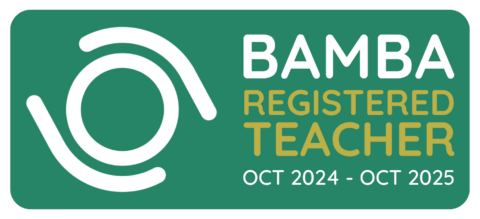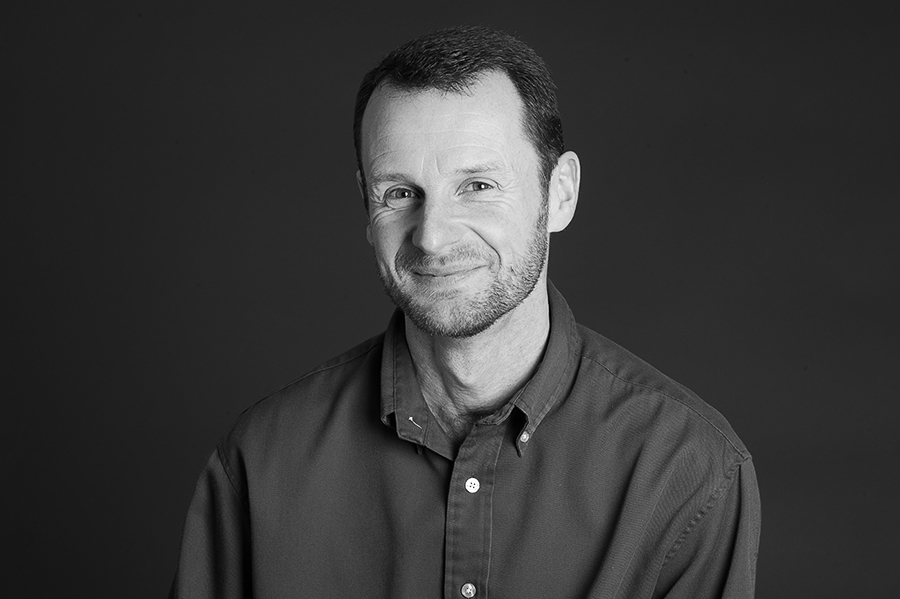Mindfulness Services
Mindfulness come alive when it is relevant to your life - get in touch to talk through the range of courses I offer to see which one will work for you.
- Feeling stuck in a rut, as if life will never change? Mindfulness shines a light on ingrained beliefs and habits, helping you unlock an alternative way of being. In these courses, you'll learn to:
- While medical treatments focus on the physical - emotional and mental well-being are just as crucial for healing. This program is designed for patients and caregivers to help:
- Teaching is one of the most emotionally demanding professions. This program helps educators:
- Major companies like Google, Apple, and Ford use mindfulness to boost employee well-being and performance. This training helps businesses:
- Social media, school pressure, and friendships can be overwhelming for teens. This program provides:
- Mindful eating goes beyond what we eat—it explores why we eat. This alternative approach to dieting helps you:
- Whether you’re on stage, on the field, or in front of a camera, peak performance comes from mental clarity and focus. This program helps:
- A flexible, personalized mindfulness experience tailored to your lifestyle and goals, helping you manage stress and achieve emotional balance on your terms.
FAQs
What is Mindfulness and how does it work?
Mindfulness is the practice of paying close attention to the present moment without judgment. It involves tuning in to what’s happening inside and around you—your thoughts, feelings, bodily sensations, and environment—rather than dwelling on the past or worrying about the future. By doing so, you learn to recognize when your mind starts to wander, gently guiding it back to the here and now.
This approach works by helping you become more aware of the patterns in your thinking and emotional responses. Through regular practice, such as guided meditation, breathwork, or simply taking a few mindful minutes in your day, you strengthen your ability to stay grounded and calm under pressure.
Over time, this heightened awareness can reduce stress, improve focus, and cultivate greater emotional resilience, ultimately leading to a more balanced, fulfilling life.
What do you do on a mindfulness course?
A series of attention-based practices such as noticing the breath, scanning attention along the body, becoming aware of sounds and thoughts. There is also discussion following each of these practices, which people often say brings great personal insight to unhelpful habits and routines.
Isn’t it just Buddhism in disguise?
Contemporary day mindfulness is secular, no religion involved. Jon Kabat-Zinn wrote the contemporary mindfulness programme (MBSR) in 1979 after his travels in the far east, where he experienced Buddhism. He specifically designed contemporary mindfulness to be free of religion, so it could be used in westernised institutions such as hospitals and schools, where no religious bias would be tolerated. The courses I lead are all non-religious and non-Buddhist.
I can’t see myself meditating or doing that yoga stuff!
Neither could I! Some people call it meditation, others call it practice. Basically, you sit still in a chair, on cushions if you prefer, sometimes even lying down. You have a focus like the breath and simply observe it, whilst following my guidance. There are some mindful movement exercises, a few of these are like basic yoga moves. They are easy to access and require no specific fitness. These can be adapted to your physical condition, so everybody can take part.
But I am really busy, I won’t be able to fit it in, I have enough to do already!
This is the most common statement I hear, you are not alone! When I came to mindfulness in 2012 I was ferociously busy, but that is exactly why I came. I thought, I cannot carry on like this, there must be more to life. You are the most important person in your life, you need to give a bit of time back to yourself. This is counter-intuitive to how we are brought up, but if you are happy and well, you will bring positivity to every aspect of your life. If you are stressed, burnt-out or fed up, you will bring the opposite to your life, including to your loved ones. A bit like the oxygen mask principle on an aeroplane, you need to look after yourself first, so you can help others.
It’s just a fad, here today, gone tomorrow.
The NHS don’t think so! Mindfulness was approved as far back as 2004 by NICE to treat patients with recurrent depression and other uses such as managing chronic pain are being carefully considered. We know how much scrutiny NICE brings to treatments before approving them. Contemporary mindfulness has been increasingly globally accepted since 1979 and you can now even study it at post-graduate level at Oxford, Cambridge or like me at Exeter University. It is now considered a science.
Why would my teenager listen to you when they don’t listen to me?
Mindfulness is non-judgmental and non-directive—teenagers are given space to explore and choose what works for them.
Testimonials
See How Mindfulness Has Helped People Like You...
Busy family life and job made this important
"Flexibility of when and where the course was. Busy family life and job made this important."I feel so much better...
"Thank you Chris, I feel so much better to ‘let go’ the things in life that used to stress me out. I always knew stressing doesn’t help but didn’t know how not to – now I do!"I have been pleasantly surprised...
"I was apprehensive I could make it work at home, having the quiet space and the time etc. I have been pleasantly surprised that it has been possible, and an unexpected benefit has been that attending the course while at home, the practices and mindfulness are not separate to home"I now have more tools to deal with my workload...
"I really enjoyed my time on the course and feel more balanced. I now have more tools to deal with my workload and stressors – but also a deeper appreciation of the good stuff."I am more calm in myself now...
"I have been listened to and helped, and supported, and been very welcomed and reassured. This has helped me boost my ego and how I think and feel about situations that arise. I am more calm in myself now, and the stress has eased, probably because I have learnt different ways of coping with it now. I still have down days, I still feel bad about myself, but I try my best to deal with it using the tools I learnt over these last 8 weeks. It’s been very enjoyable, and I would like to thank Chris so much for allowing me to be part of it"...knowing that you are not alone
"It was very nice hearing other’s difficulties, knowing that you are not alone with your feelings and anxieties."Chris was brilliant!
"Chris was brilliant! Very supportive, calm and clearly very knowledgeable. Felt in good hands and he managed and facilitated the group really well"...very supportive and reassuring
"Chris was very good, he has a very calming voice and always has a smile, and is very supportive and reassuring."I learnt to appreciate life so much more
"I took an eight-week mindfulness course last year with Chris at quite a stressful time, and I enjoyed our sessions immensely. It was an opportunity where I felt safe to try something new, where I grew and where I learnt to appreciate life so much more. All of that was facilitated by Chris’ lovely, caring, and compassionate guidance. I’ve been lucky enough to watch Chris work with young people as well and am always astounded by how well he can truly connect with everyone I’ve seen him meet. He’s a great mindfulness teacher and I can’t recommend taking a course with him enough."I feel more in control...
"I found the sessions so helpful; I’ve discovered a calmer outlook. I feel more in control, able to observe my feelings and emotions, be curious about how my body acts / sense body sensations"...helped me to control myself and any feelings better!
"Made me feel less guilty about concentrating on myself and putting myself first for a change, giving myself some space, also helped me to control myself and any feelings better."




